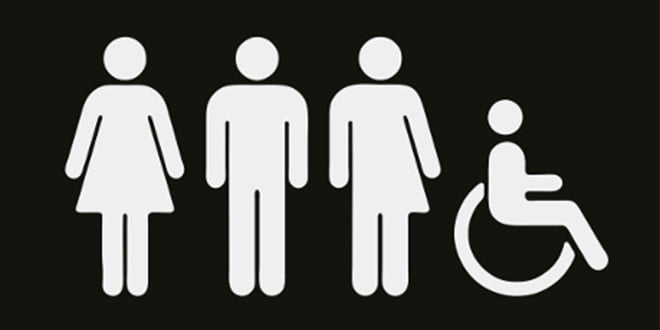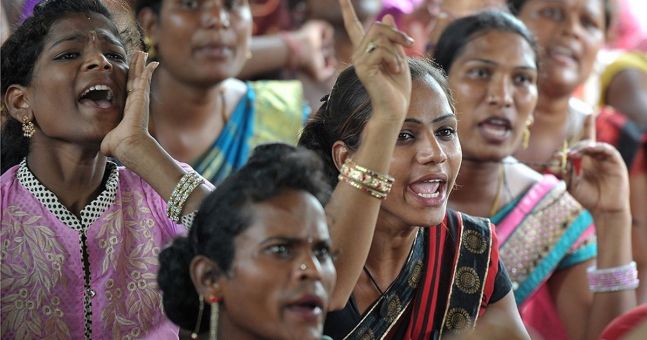The Tata Institute of Social Sciences, Mumbai has introduced India’s first gender-neutral hostel space, The Indian Express reported on Friday. The hostels will be available from the subsequent academic year (June onward) for MA students who identify themselves as transgender, non-binary, gender non-conforming students.
The student union of TISS has been very active with the issue ever since September 2017, when it passed a resolution to demand gender-neutral hostels as well as gender-neutral toilets, in a student union general body meeting.
The campaign for creating a safe space for LGBTQ+ students on campus was pioneered by an informal student body that goes by the name TISS Queer Collective (QC). The QC worked with the students running for student union elections to include the demand for a gender inclusive space in their election manifesto.
The ground floor of an existing girls’ hostel has been marked as a gender-neutral space, and its rooms will be allotted to 20 students on a first-come-first-serve basis.
Earlier this year, the institute also gave students the option of the gender-neutral salutation ‘Mx’ in their certificates. This meant that graduating students could choose from Ms, Mr, Mrs and Mx honorifics.
Arguments Against Gender-Neutral Spaces
Those against the creation of safe spaces advocate that this gender-neutral hostel space will be detrimental to the integration of gender non-conforming students into mainstream student society.
They believe that gender-neutral spaces will be responsible for further alienating gender non-conforming students from heterosexuals, who constitute the overbearing majority and hence are likely to get into a habit of excluding and isolating non-conformists.
They believe that in order to make the society more sensitive and aware of their needs and problems, non-conformists should be made to eat, sleep, live, play and study with all the other students.
Why We Need More Gender-Neutral Spaces
On the other hand, it becomes impossible to oversee the fact that intersex and gender nonconforming students all around the world, are made victims of assault and abuse in their very own educational institutions.
Misgendering is the act of referring to someone using a word, especially a pronoun or form of address, that does not correctly reflect the gender with which they identify. Students explain that these gender-neutral spaces have been created to do away with problems of misgendering, that hurt the sentiments of transgender students and make them feel uncomfortable.
Heterosexual students and teachers, who are sexually attracted to humans of the opposite sex, are extremely insensitive towards gender non-conforming students. Discriminatory activities and hurtful jokes and comments are a regular occurrence even in institutions that apparently amass the country’s most intelligent and modern population.
Related: What Is Nikah Halala? The Complex & Oppressive Practice Of Remarriage In Islam
Concepts: Explained
For those who don’t know, gender nonconforming refers to a person who does not follow society’s ideas of how they should look or act based on the sex they were assigned at birth.
Transgender relates to a person whose sense of personal identity and gender does not correspond with their birth sex.
Intersex people are born with any of several variations in sex characteristics including chromosomes, gonads, sex hormones, or genitals that, according to the UN Office of the High Commissioner for Human Rights, “do not fit the typical definitions for male or female bodies”.
Since these students show physical characteristics that are not strictly male or female, an activity as simple as using the toilet can become disrespectful and confusing for them. The construction of gender-neutral toilets is helping to solve problems that these students face in their day to day college lives.
TISS and many other educational institutions are constantly working on ways to make their campus environment more friendly for gender-nonconforming, transgender and intersex students, by providing them equal access to opportunities without marginalizing them.
Image Credits: Google Images
Sources: The Indian Express, Huffington Post, The Guardian + more
You’d Also Like To Read:
http://edtimes.in/2018/04/veil-burqa-not-assumed-symbol-oppression/































